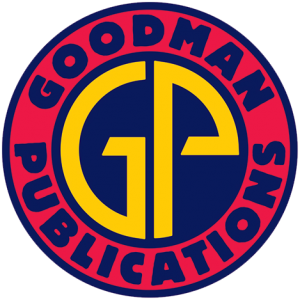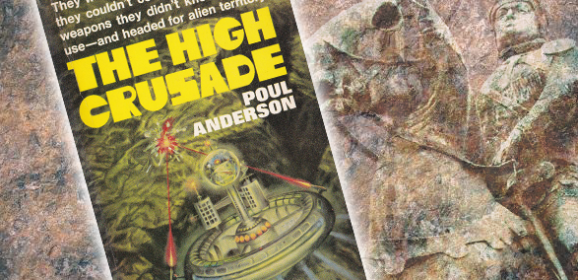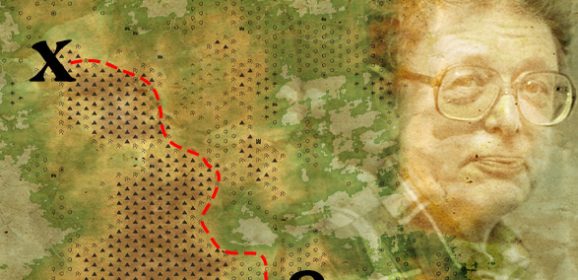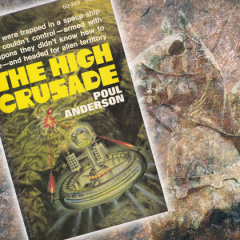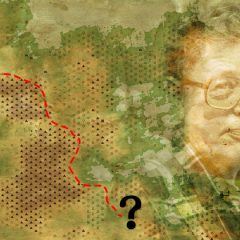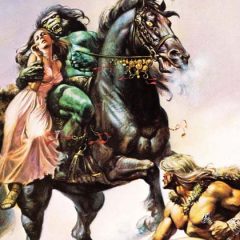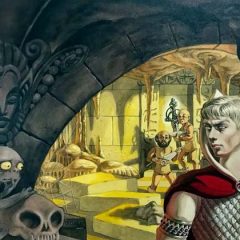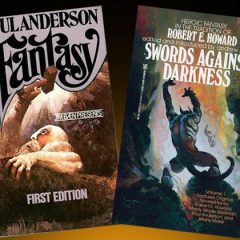Adventures in Fiction: Poul Anderson
Our Appendix N Archeology and Adventures in Fiction series are meant to take a look at the writers and creators behind the genre(s) that helped to forge not only our favorite hobby but our lives. We invite you to explore the entirety of the series on our Adventures In Fiction home page. In celebration of the birth of Poul Anderson, we re-present this article. Enjoy! Adventures in Fiction: Poul Anderson by...
Where to Start with the Fantasy Fiction of Poul Anderson
Where to Start with the Fantasy Fiction of Poul Anderson by Bill Ward Poul Anderson (1926-2001) is one of those authors whose prolific output – over one hundred novels and at least as many short stories – is as impressive as it is potentially intimidating. A great many of our contemporary authors tend to stick with one kind of story or book for branding purposes, often adopting new pseudonyms if they dare deviate from the brand, but...
Under the Sea: A Look at Poul Anderson’s The Merman’s Children
Under the Sea: The Merman’s Children by Poul Anderson by Fletcher Vredenburgh If Poul Anderson avoids the fate of so many other Silver Age science fiction writers, it won’t be for his science fiction writing. They, especially the swashbuckling tales of space trader Nicholas van Rijn and super spy Dominic Flandry are smart and exciting. Anderson was an incredibly gifted storyteller, one of the very best, in fact. Nonetheless, his...
Piecing Together Poul Anderson’s The Broken Sword
Piecing Together Poul Anderson’s The Broken Sword by Brian Murphy What in Ymir’s name was in the well water in 1954? Three terrific works, one each of high fantasy, historical fiction, and sword-and-sorcery/heroic fantasy, all appeared that same fateful and wonderful year.* These included the first volume of J.R.R. Tolkien’s The Lord of the Rings, Frans G. Bengtsson’s The Long Ships, and Poul Anderson’s The Broken Sword, respectively....
Classic Covers: Poul Anderson
With scores of novels spanning the popular genres of science fiction and fantasy, with hundreds of magazine and anthology appearances, and with a career spanning the most creative era of visual marketing in publishing of the 20th century, Poul Anderson’s bibliography has the quintessential ‘Classic Covers’ ingredients. Here is but a small sample of the art that brought Anderson’s stories to...
Short Sorcery: Poul Anderson’s “The Tale of Hauk”
Short Sorcery: Poul Anderson’s “The Tale of Hauk” by Bill Ward Poul Anderson, Grand Master of Science Fiction and author of over 100 books, always seems to bring a little something extra to the table when writing a tale invoking Norse mythology. Whether it be in the myth-inspired sword-and-sorcery classic The Broken Sword, or his novelized retellings of the sagas of figures like Hrolf-Kraki and Harald Hardrada, Anderson’s love for the...
